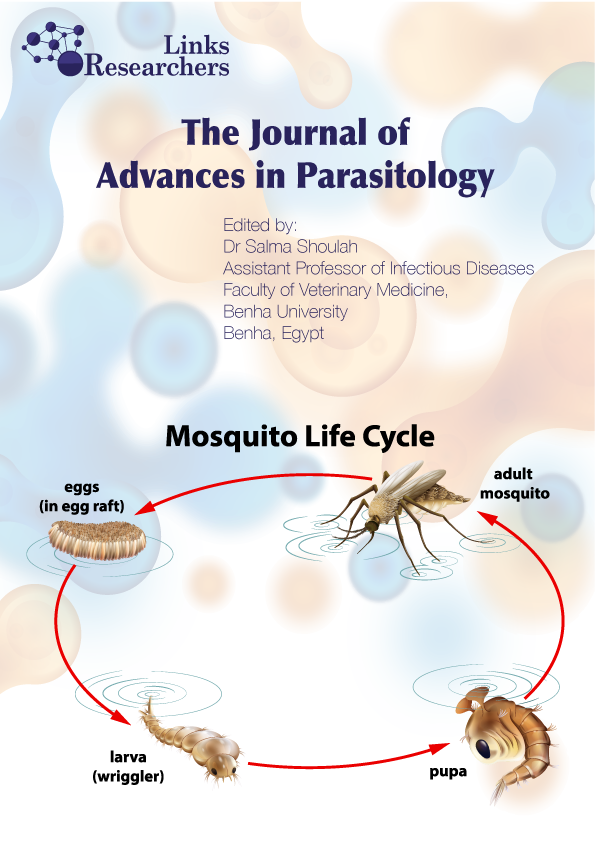Fascioliasis Phytotherapy using Tropical Plant Extracts: A Systematic Review with Meta-Analysis
Fascioliasis Phytotherapy using Tropical Plant Extracts: A Systematic Review with Meta-Analysis
Jax Vincent Gamulo, Maye Pearl Bolina, Jessica Serena Brion, Via Crishiela Nicole Dela Rosa, Roxanne Francesca Maglaya, Carl Lexter Tan, Aimee Caye Chang*
ABSTRACT
Fascioliasis is a waterborne and foodborne parasitic disease, involving species Fasciola hepatica and Fasciola gigantica. This systematic review with meta-analysis (SR-MA) explored the potential of phytotherapy against fascioliasis and as alternative to commercially available anthelmintic drugs. Eligibility criteria for inclusion and protocol was defined for systematic publication database searching. Final reference database consisted of eight (8) published journal articles with a total of 106 Fasciola flukes, published between years 2001 to 2021. The mortality time between tropical plant extracts and commercially available drugs posed a significant difference (P < 0.05), while ten (10) among the plant species differed in fasciolocidal activity (P < 0.05). Albendazole (62.5%) was the most used reference drug, along with Piperazine Citrate, and Triclabendazole, wherein ANOVA showed no significant difference in mortality time among them (P > 0.05). Notably, plant parts and extraction techniques used affected the resulting fasciolocidal activity of the plant extracts. Linear regression revealed a low inverse relationship between the plant extract concentration and the mortality time (R2 = 0.37). Meta-analysis revealed a significant summary effect among included studies, with high statistical heterogeneity (P < 0.05). Moreover, the forest plot showed significant difference (P < 0.05) between the activity of plant extract and comparator drugs. Egger’s test revealed that this SR-MA has a low risk of publication bias (P < 0.05). Overall, the results confirm that tropical plant extracts have a potential for phytotherapy against fascioliasis and drug development, and is comparable, in terms of induced mortality time, to commercially available fasciolocidal drugs.
Keywords | Fascioliasis, Fasciola hepatica, Fasciola gigantica, Tropical plant extracts, Mortality time
To share on other social networks, click on any share button. What are these?





